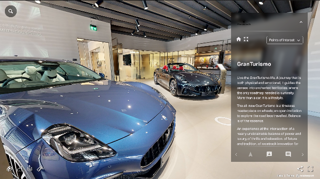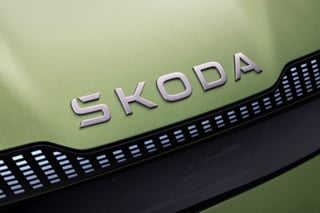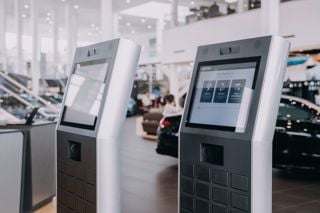Motorists have been expecting more from their family transport ever since pioneering Japanese car distributor Octav Botnar seized the initiative to standardise the radio, heated rear window and remote-operated fuel filler flap back in the 1970s.
His trailblazing marketing stole a march on the models provided by established global and European manufacturers and soon allowed Datsun UK to demonstrate that supplying vehicles equipped to a high level at no extra cost to the customer was a fast-track route to showroom success.
Botnar’s genius turned humble models like the Cherry and Sunny into the smash-hits and paved the way for his AFG network to be acc-ounting for a remarkable 6% share of the UK new car market by 1989.
After spearheading the popularity of Japanese brands, the high-value comfort and convenience recipe has played an equally significant role in the relatively rapid emergence of South Korean products and it will undoubtedly form an integral part of the mar-keting campaigns being formulated for the Chinese cars that will soon become available in Britain.
However, the added value of technology is now also emerging as a key factor in the purchasing decision as a growing number of manufacturers seek to differentiate their product ranges with increasing levels of sophistication.
Profit boost in safety
According to Society of Motor Manufacturers and Traders chief executive Paul Everitt, innovative technology is set to save the motorist fuel, enhance comfort and further increase levels of safety and security in a record number of new models coming to market over the next few months.
“This is going to be an exciting year, but encouraging customers to specify additional technologies can help to protect residual values as well as providing a boost to the dealer’s bottom line.
“Additional safety technology like accident-avoidance systems and lane departure warning devices represent an attractive proposition as a safety package and bring peace of mind to motorists.
“We are working hard to help the insurance industry to understand the benefit of additional safety technologies – if insurers award lower premiums to motorists who specify additional safety features, these immediately become more attractive to customers,” he told AM.
He added: “While electronic stability control will be mandatory on all new cars sold from 2014, optional accident-avoidance syst-ems such as emergency brake assist and lane departure warning are on the market now.
"The popularity of these devices will continue to grow as customers begin to rate the importance of accident-avoidance equipment alongside the more familiar Euro NCAP crash test ratings.”
Everitt believes new car technology is also able to provide financial benefits to the motorist, with systems like stop-start engine man-agement and enhanced economy modes offering more ways to save on fuel.

















Login to comment
Comments
No comments have been made yet.